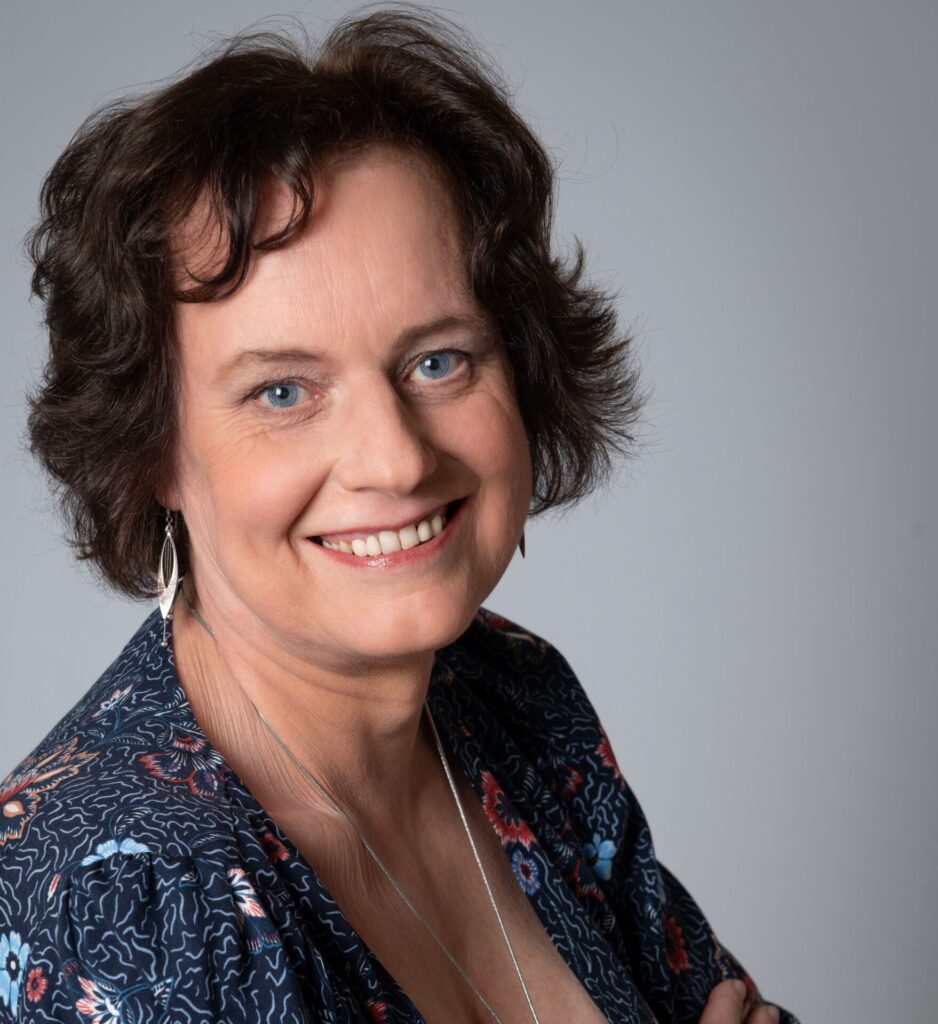Early retirement in the Spanish Pyrenees with my husband gives me time to indulge my passion to write, a lifetime’s longing, a portfolio of cameos to bring to life. Semi-professional writing to go with a semi-retirement: a story is not a story unless it is told to others. I write from the heart but with a close eye on the need to publish.
On what to write, I didn’t need to look far. My working life as an engineer, both hands-on and professional, had ranged seamlessly if somewhat bizarrely from power station rebuilds through medical device design to running a specialist clinic for severely disabled children. There had been side dishes of heritage steam and classic car restoration tempered by volunteer work with sustainability charities. It had all been a study of man and machine. How technology works for people, how people respond to it, how they demand more. Technology is empowerment, of course, but power is always dangerous, a tightrope to tread.
The Industrial Revolution was the birthing of today’s technology and the society which goes with it. The fathers were the aristocracy, funding and driving change for glory and profit, the pretenders, the gentry, joining in. The mothers of the Revolution were the great engineers, some educated, some straight from the colliery. Those were the days when a man could change the world, by his character, by his innate skill, by his grit and determination.
What a background, I thought, for some passionate human-interest stories, when turbulence swept away the old rules, when a man could become rich beyond measure or be cast into the hell of pit or mill. When women first became seriously disempowered as wealthy men shaped the world for themselves. When the first steam trains travelled so fast, people feared speed itself would surely kill.
Romance would be the way to explore this thoroughly, I saw. Put a protagonist close to one of the great engineers and the other close to the driving force of the aristocracy. Liberally sprinkle with the tensions, opportunities and pitfalls of the time, and let it grow.
That was five years ago. The first book is written and is ready to throw into the mill of publishing. Business takes over from imagination. The life of a writer, I discover, is never dull.


